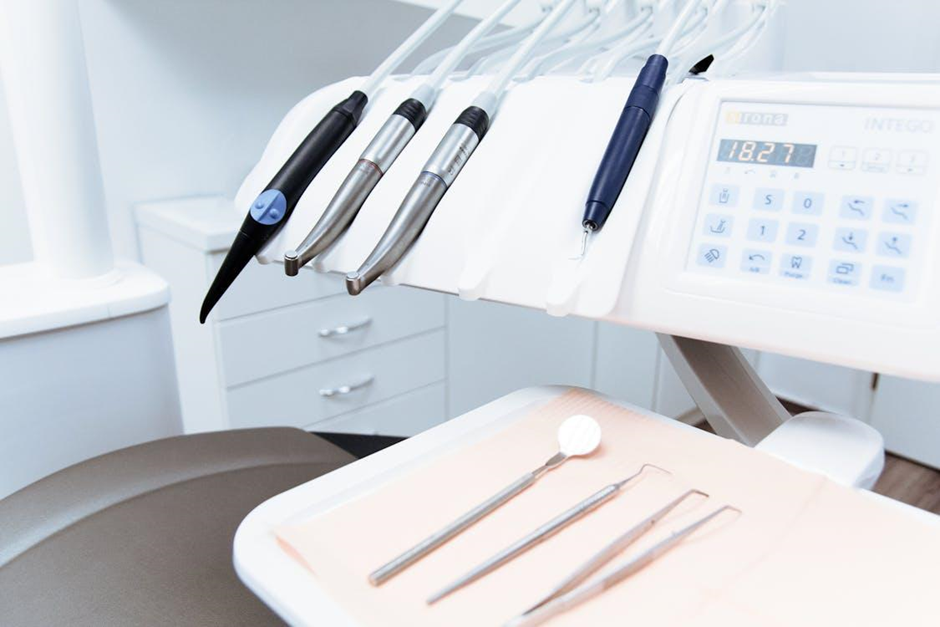Need For Dental Implants – A complete Guide
Dental Implants
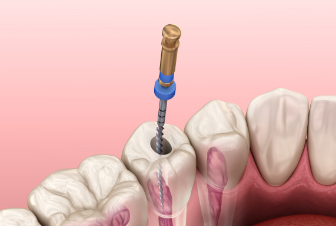
A dental implant is a procedure in which a screw-like prosthesis is used to replace the root portion of a missing tooth/teeth and is fastened to your jaw bone to support a crown, bridge, or denture to function much like natural teeth.
The procedure of implant surgery performed depends on the choice of an implant made and the type of jaw bone you have. The implant screwed to your jaw bone needs to fuse with it by a process called osseointegration. The implant prosthesis created compose of medical-grade titanium similar to the one used in other biomedical applications like artificial knee joints, bone plates, pacemakers, cardiac valve prosthesis, etc. Medical-grade titanium is the most biocompatible metal and has a proven track record that proves to be safe and nothing to be worried about.
Who Can Have Dental Implants?
A person with missing teeth or badly mutilated teeth that need replacement is the right candidate to undergo a dental implant. The point is that they should not have any local or systemic contraindications to elective surgery and have a favorable jaw relationship. Dental Implants also act as anchorage devices in orthodontics. Implants, if feasible, are beneficial over fixed partial dentures as there is no need to shave down adjacent sound tooth structures. Also, they are way more comfortable than removable dentures. An implant-supported prosthesis used to replace your entire dentition, the so-called “All on 4” concept.
Contraindications For Dental Implants
Let us look into some contraindications to dental implant surgery. One should share such health details with the dentist before starting the procedure.
Absolute contraindications
- Recent myocardial infarction
- Immunosuppression
- Certain blood disorders
- Severe uncontrolled psychiatric disorders
- Intravenous bisphosphonate treatment
- Active cancer treatment
Relative contraindications
- Smoking
- Uncontrolled diabetes
- Osteoporosis
- Uncontrolled hypothyroidism
- Poor oral hygiene
- Oral bisphosphonates
- History of radiation therapy to the jaws
Types Of Dental Implants
A dental implant can be of 2 types
- Endosteal implants – These are the most commonly used dental implants fixed to your jaw bone.
- Subperiosteal implants –These are implants that are placed just beneath your gums but over the jaw bone. They are generally not preferred due to their high failure rate.
Treatment Planning
The first stage includes a comprehensive dental examination to check the feasibility of implant surgery. Later, medical and drug history is analyzed to identify if the patient has specific health issues or allergies to medicines. You may have dental X-rays or 3D images taken and have models of your teeth and jaws made. Routine blood work is also generally prescribed. Need for bone augmentation(if your bone quality or quantity is not sufficient), sinus lift and ridge expansion will be analyzed.
What to Expect During And After Surgery
Traditionally implant surgery is a multi-step procedure in which the first step is to place the implant into your jaw bone. Following this, you will have to wait for a couple of months till your bone heals and the implants osseointegrate with it. Then the dental prosthesis is fabricated over this after making adequate measurements.
Immediate load implants also called same-day implants, allow placement of a temporary tooth during the same appointment as the implant placement. The benefit, you walk out of the dental office with a tooth. The determining factors include the quality & quantity of natural bone, and the implant stability gained immediately after placement. Your implant specialist can give you more insight into this.
The surgical procedure is done only after numbing the region. Hence no pain is felt during the drilling and placement of the implant. After the implant procedure, suturing is also performed with utmost care. Antibiotics and analgesics prescribed help in faster recovery and better outcomes. The course of healing is generally comfortable.
After about 2-3 months, the implant specialist verifies osseointegration, and the prosthesis (crown or bridge) is custom made to allow the appearance and function to be restored.
Then regular follow-up visits are scheduled later on.
Risks Of Implant Surgery
When done by an experienced implantologist in Dubai, dental implant surgery generally has a predictable outcome. Having said so, let us look at some risks.
- Failure to osseointegrate, meaning the bone did not sufficiently grow around the implant, causing it to loosen.
- Local/systemic infection
- Damage to surrounding structures such as teeth or blood vessels.
- Nerve injury causing pain or paresthesia
- Excessive bleeding, hematoma, and tissue necrosis.
- Bone loss and receding gums
How To Take Care Of Your Implants?
- One should cease smoking after surgery. Studies have proven that the chemicals could potentially affect healing and thereby reduce the success rate.
- Complete the course of medication prescribed by your doctor.
- Maintaining oral hygiene should be at a maximum.
- Proper home care techniques need to follow, which includes brushing and flossing, use of non-abrasive toothpaste, avoiding hard and sticky foods, use of oral irrigators, etc
- One should follow regular and periodic professional teeth cleaning.
- Use of bite guards as recommended by your dentist (especially in case of bruxism)
Dental implants in Dubai are the best choice for replacing missing teeth. Unlike dentures, the final result feels more natural and stable. When done by a skilled implant specialist, dental implants have a very high success rate.
Book an Appointment With Your Doctor NOW!
Ready for a brighter smile? Schedule your appointment with Dr. Paul’s Dental Clinic today and experience exceptional dental care.
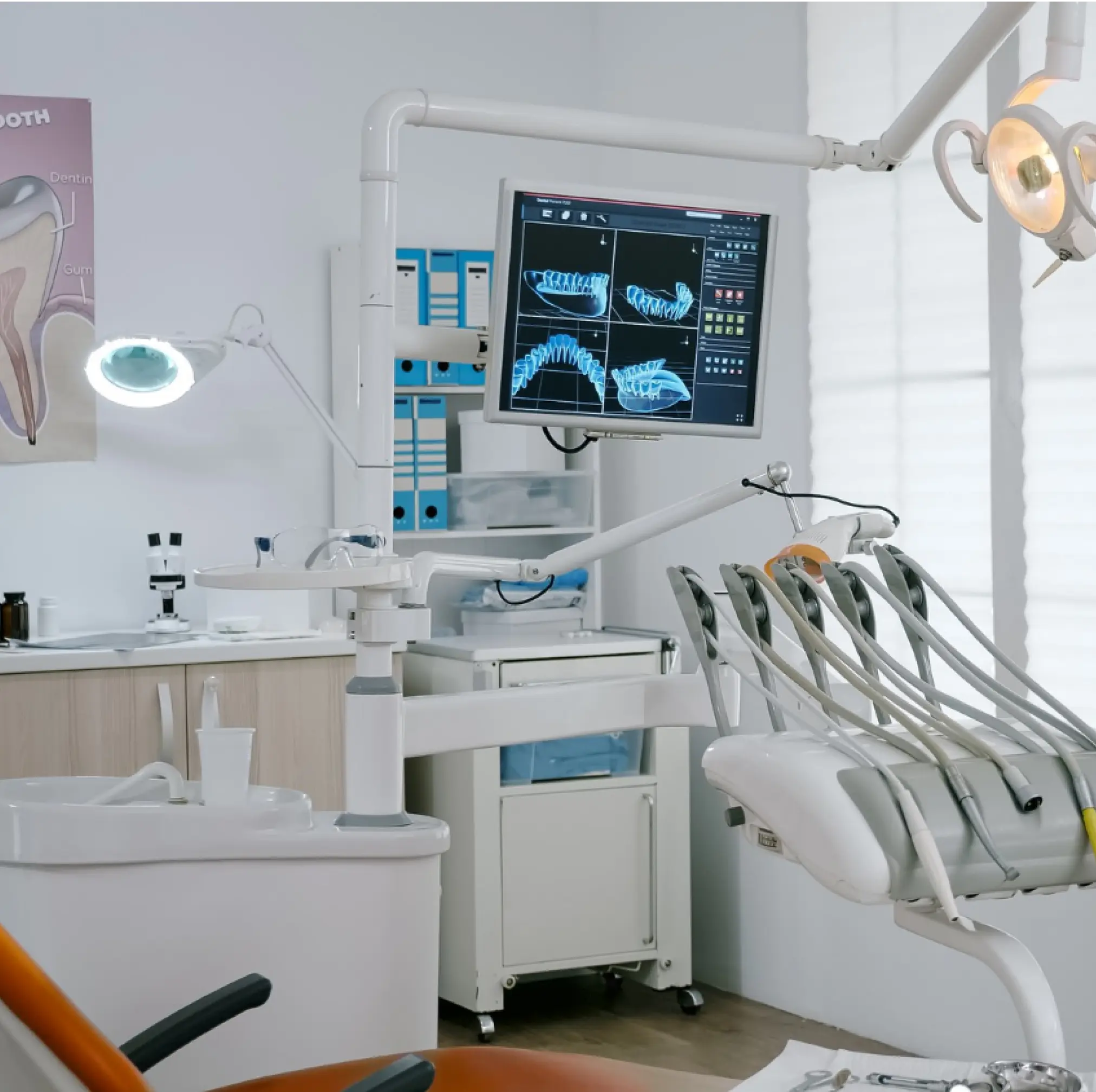
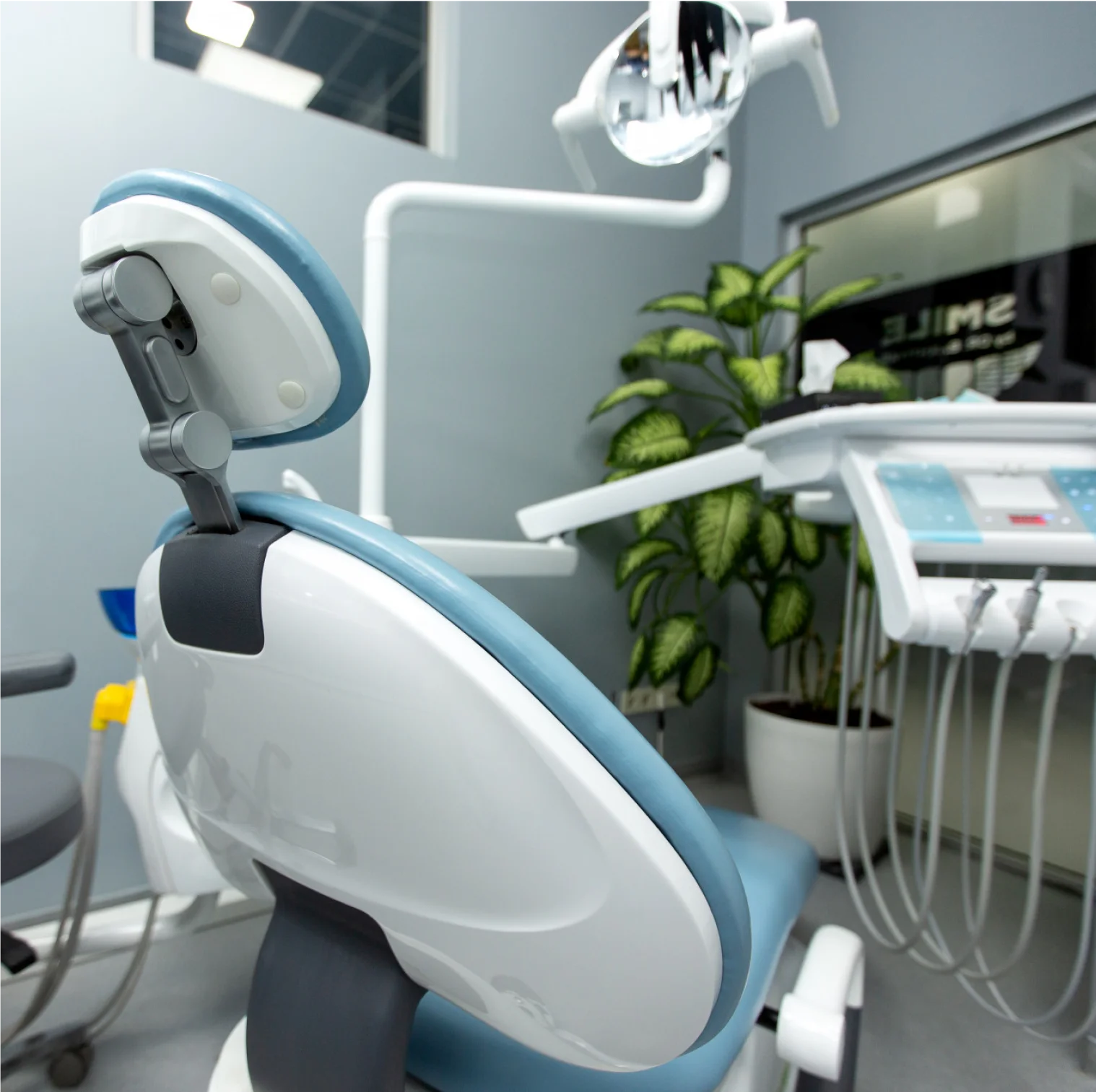

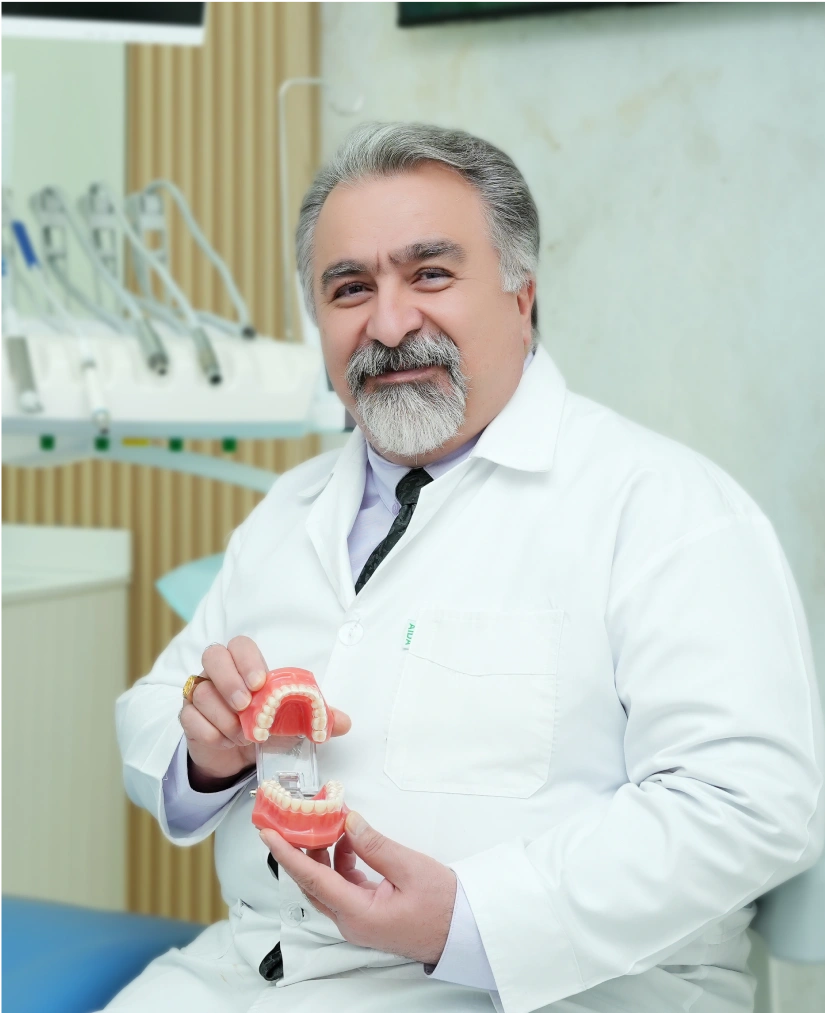 Dr. Babak Babaei - Implantologist
Dr. Babak Babaei - Implantologist 

